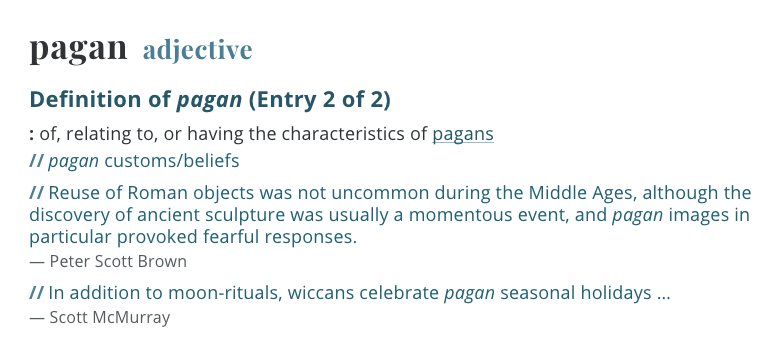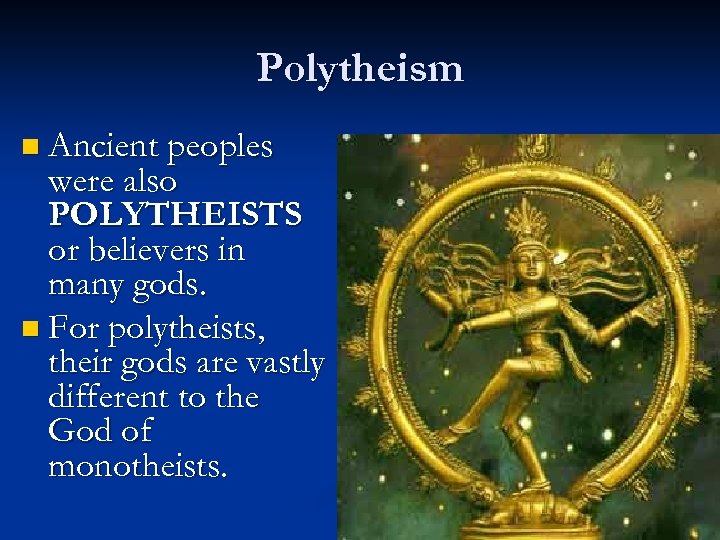
There are many pagan religious traditions. Neopaganism is one of the most popular. Some of them are more traditional than others. This article will explain what Panentheism is and Polytheism. It is important for you to understand your religious beliefs as well as the differences.
Eclecticism
Ethnicity in religions is a relatively recent concept that draws upon the influences of many religions. In ancient Pagan cultures, different religious groups interacted with one another. For example, the Egyptian goddess Isis was worshipped by many European religious communities and even had a temple at Athens.

Polytheism
Polytheism, which is the belief system of pagan religions, can have many facets. Some people may relate to gods and spiritual practices. These experiences are not easy for secularists in 21st-century society. Respecting the beliefs and practices of each individual is crucial for mutual respect between polytheists. Regardless of a particular religious background, polytheists share several characteristics in common.
Panentheism
Panentheism can be misunderstood as a philosophical alternative to classical theism. As a belief system, panentheism holds that reality is ultimately one. Everything partakes of God's nature.
Animism
Animism describes a religion which believes the physical world and the unseen, spiritual universe are one. This belief holds that the souls of the dead can be reincarnated into a new life or transferred to a higher spiritual plane. Inanimism also believes there are ancestral spirits who haunt people who have already died. Animal worship is a common belief of animists. They consider animals sacred.

Koine Greek
Koine Greek was an ancient language that was linked to the polytheistic religion of Ancient Greece. This language was considered a foreign tongue in the western world. The Hellenes, a Greek-speaking Eastern Empire people, were known as pagans. Although the word was no longer used in its original cultural meaning by the fourth century, it retained some significance in the early centuries and years of Christianity. Its modern equivalent, heathenry refers to neopaganism in Germanic and other languages. A Heathen is one who self-identifies himself as a Heathen.